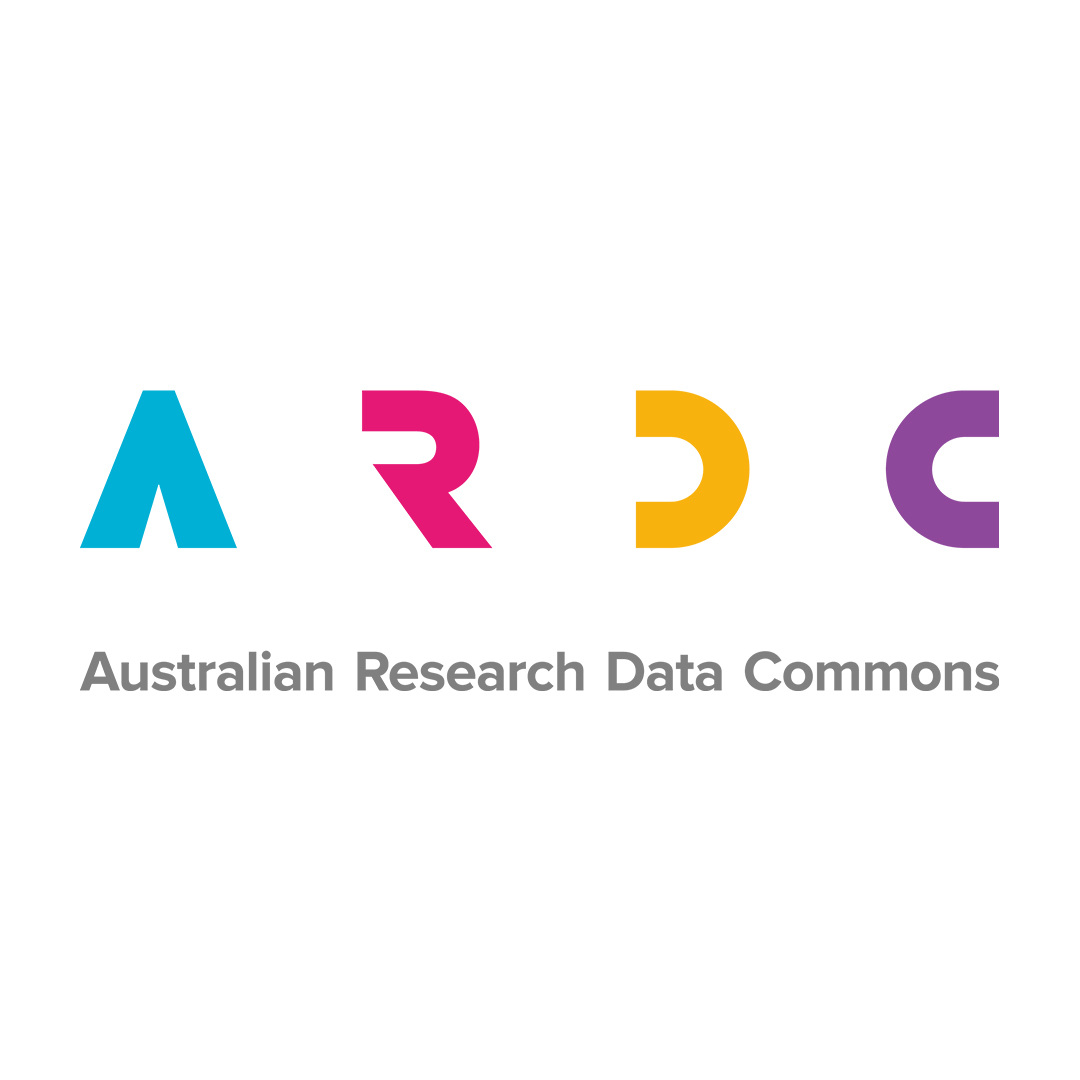Full description
Dataset includes: - Two hundred forty-seven participants were included in intention-to-treat analysis (82 receiving risperidone, 81 receiving haloperidol, and 84 receiving placebo. Treatment period over 72 hours while inpatient, with follow-up for 4 weeks post treatment where possible. Data available for demographic, medical history data, concurrent medications, and baseline clinical measures. Primary outcome data measured by as Nursing Delirium Screening Scale (items 2, 3 and 4), safety and toxicity data measured using the NCI CTCAE V3.0, Extrapyramidal symptom rating scale (ESRS), and sedation subscale of Richmond Agitation Sedation scale. Other data for secondary analysis include; Australia-modified Karnofsky Performance Status (measured at baseline, treatment cessation and end of follow-up), Mini Mental Status Examination (measured at baseline, treatment cessation and discharge from hospital), pulse oximetry (measured at baseline, and daily during intervention), Cumulative Illness Rating Scale (measured at baseline and delirium resolution), sedation (measured at baseline and daily during intervention), Nursing Delirium Screening Scale (measured at baseline and each shift during intervention), the Memorial Delirium Assessment Scale (measured at baseline, daily, delirium resolution, IQCODE for caregivers (measured at baseline), Distress for Nurses, caregivers (measured at baseline, treatment cessation or delirium resolution) and patients (measured at delirium resolution and week 4 follow-up), nursing hours of care, and health care utilisation.Notes
HeSANDA 1.0.0Issued: 2023
Subjects
User Contributed Tags
Login to tag this record with meaningful keywords to make it easier to discover
Other Information
Australian Government
Identifiers
- DOI : 10.58084/C81X-TD25



